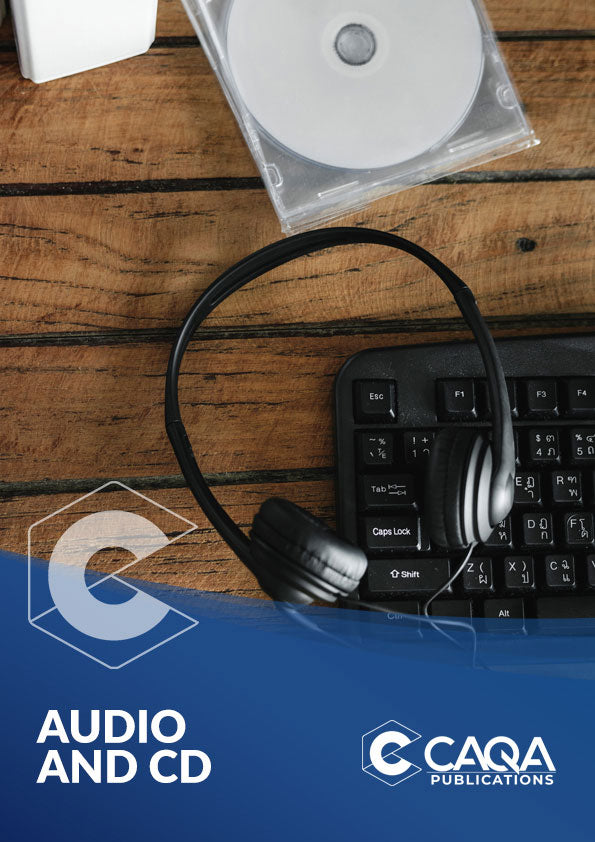Different phases of assessment and learner validation processes (Part 1)
In this article, we will discuss different phases of validation processes that you should be following in your RTO to ensure you meet regulatory requirements and industry expectations.
Validation of RTO assessment resources
You must validate all your assessment resources to ensure they meet the principles of assessment, rules of evidence, training package requirements, regulatory guidelines and Industry expectations.
Explanation of assessment validation:
Validation is a process of checking that the assessment tools, methods, judgements, evidence and processes to ensure that the training product meets:
- Principles of Assessment – i.e. valid, reliable, flexible and fair
- Rules of Evidence – i.e. valid, authentic, current and sufficient
- The judgment made by the trainer/assessor is benchmarked with colleagues or industry experts
- There is sufficient evidence to support the judgment of the trainer/assessor
- Whether the requirements of the Training Package or accredited course have been met.
Typical benchmarks used during the validation process include:
- National training package which are developed by Skills Service Organisations (SSOs)/ Industry Reference Committees (IRCs) and can be found on the training.gov.au website.
- Units of competency which consist of competency standards and need to be unpacked so that those validating the assessments can compare the actual competency against the tools being validated.
- Industry standards and consultation will vary, and these standards form the basis of the skills and knowledge required to perform work roles.
- AQF Guidelines and Framework
- Information provided to candidates, assessors and third parties
- Legislation relevant to the assessment such as privacy, health and safety, anti-discrimination, copyright law and so on.
Validation occurs through different stages:
Stage 1: Validation before assessment judgements i.e. pre-validation of assessment resources
Validation before assessment judgements are made; look at the design of the assessment activities, if it meets the training package requirements, how the instructions for tasks or questions are presented and the benchmarks against the learner performance. This is where the mapping is undertaken. You review the assessment tool templates in detail to ensure they are compliant and meet regulatory standards and Industry requirements.
Stage 2: Validation during assessment
Validation during assessment is looking at the actual benchmarking answers or performance the learner has provided, and making a judgement with another assessor, either together or separately. This often is coordinated within assessors who undertake training and assessment of the same vocational area. This process was also known as moderation and always remember prevention is always better than the cure, therefore, any issues identified at stage 1 or stage 2 should be eliminated as soon as possible and gaps should be filled with gap-analysis to ensure your organisation is bullet-proof.
The requirement in the Standards to undertake validation of assessment judgements (post validation) does not prohibit your RTO from undertaking moderation activities, or any other process aimed at increasing the quality of assessment.
Stage 3: Validation post assessment (i.e. post validation)
Validation post assessment concentrates on the learners' performance and their responses to questions, the actual assessment decision that was made, the task and processes that align to the assessment, any feedback from students, and the reporting processes.
The purpose of this post-assessment validation is to verify the validity and consistency of assessment decisions to bring assessment judgements and standards into alignment.
It is a process that ensures the same standards are applied to all assessment results within the same Unit(s) of Competency. It is an active process in the sense that adjustments to assessor judgements are made to overcome differences in the difficulty of the tool and/or the severity of judgements. It aims to ensure assessors have a common understanding of the unit requirements
It involves checking that your assessment tools have produced valid, reliable, sufficient, current and authentic evidence, enabling RTO to make reasonable judgements that the training package requirements have been met.
(To be continued in the upcoming blogs)
































 Talk to our experts now!
Talk to our experts now!
 03 8103 8000
03 8103 8000









